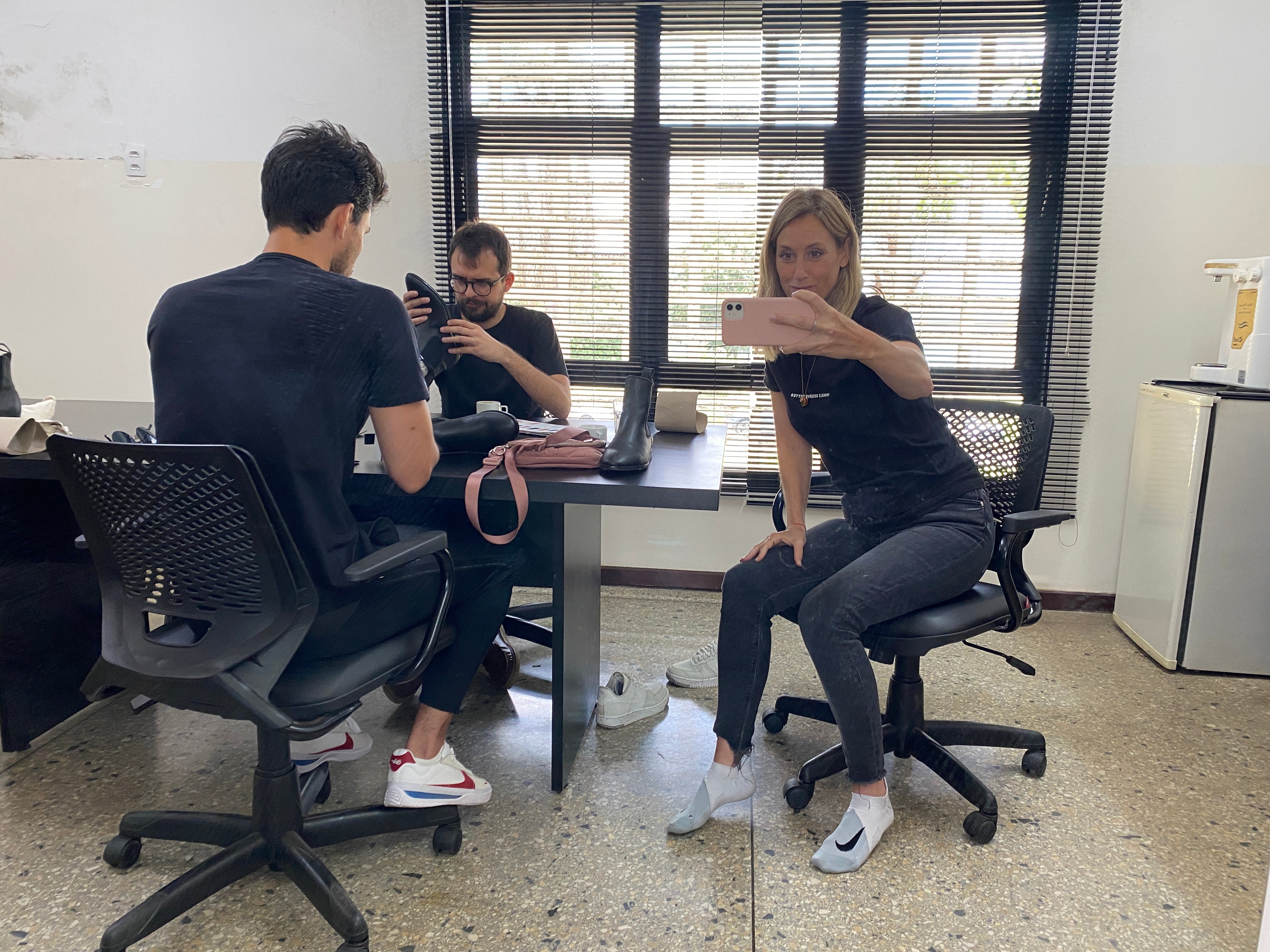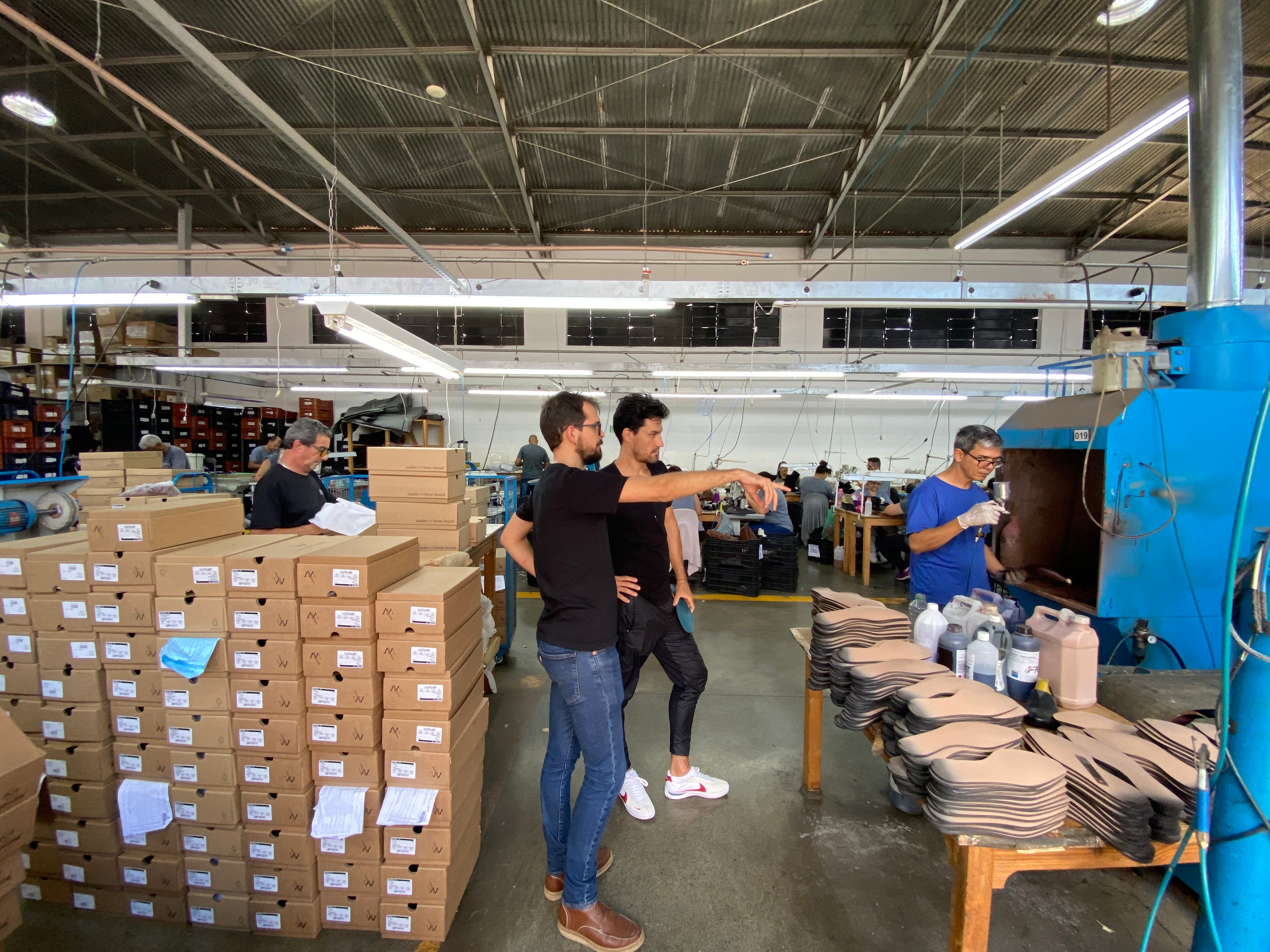The Meaning of Vegan Leather: Fashion Meets Compassion
In recent years, there has been a growing awareness of the impact of our choices on the environment and animal welfare. This shift in consciousness has given rise to innovative alternatives in various industries, including fashion. One such alternative that has gained popularity is vegan leather. But what exactly does the term "vegan leather" mean, and why is it significant? Let's delve into the meaning of vegan leather and explore its implications.
Vegan leather, also known as faux leather, plant leather or synthetic leather, is a material designed to mimic the look and feel of traditional animal-based leather without using any animal products. It is typically made from a variety of plant-based materials or synthetic fibers, such as polyurethane (PU) or polyvinyl chloride (PVC). These materials are combined to create a versatile and durable fabric that can be used in the production of clothing, shoes, bags, and accessories.
The rise of vegan leather represents a shift towards more sustainable and compassionate fashion choices, especially plant leather. Traditional leather production involves raising and slaughtering animals, which contributes to deforestation, water pollution, and greenhouse gas emissions. Moreover, it raises ethical concerns regarding the treatment of animals in the industry. By choosing vegan leather, individuals can support a more humane and environmentally conscious approach to fashion.
One of the key benefits of vegan leather is its reduced environmental impact. The production of animal-based leather requires large amounts of water, energy, and chemicals, including toxic tanning agents. In contrast, vegan leather manufacturing processes often use less water and fewer chemicals, resulting in a smaller carbon footprint. Additionally, the use of plant-based materials in some vegan plant leathers can offer biodegradable and compostable alternatives, further minimizing environmental harm.
Vegan leather such as cactus plant leather offers greater design possibilities and versatility compared to traditional leather. It can be produced in a wide array of colors, textures, and finishes, allowing for creative freedom in fashion design. Moreover, vegan leather can be easier to clean and maintain, as it is often more resistant to stains and fading than animal-based leather.
Critics argue that vegan leather may not be entirely free from environmental concerns. Some synthetic materials used in its production, such as PVC, can have negative environmental impacts during manufacturing and disposal. However, the development of eco-friendly alternatives and the use of more sustainable materials, like water-based PU coatings or plant-based leathers made from cactus, pineapple or mushroom fibers, are addressing these concerns and pushing the industry toward more responsible practices.
It's important to note that vegan leather is not without its limitations. Like any material, it has its own set of production processes and potential environmental implications. The key lies in continuous innovation and research to improve the sustainability and eco-friendliness of vegan leather alternatives.
In conclusion, the meaning of vegan leather extends beyond just a fashion trend. It represents a conscious choice to align one's values with their fashion choices. By opting for vegan leather, such as cactus leather in vegan shoes, vegan boots and vegan bags, individuals contribute to the reduction of animal cruelty, promote environmental sustainability, and support the development of more ethical and responsible fashion practices. As the industry continues to evolve, the future of vegan leather looks promising, offering a bridge between fashion and compassion.


